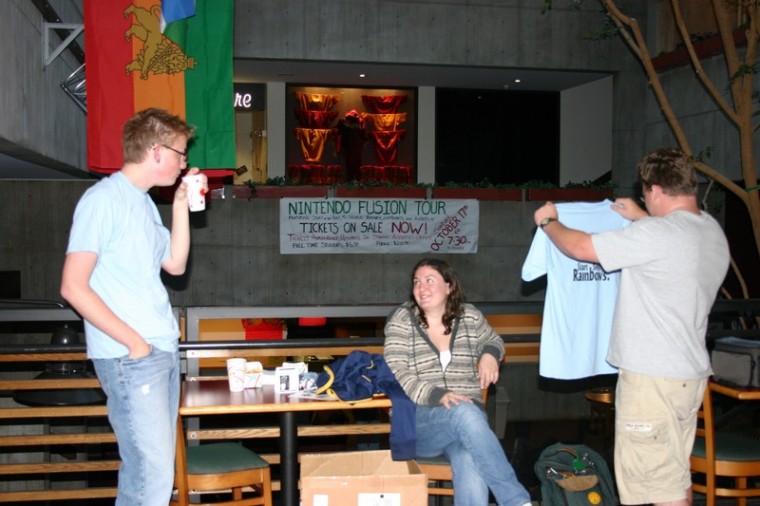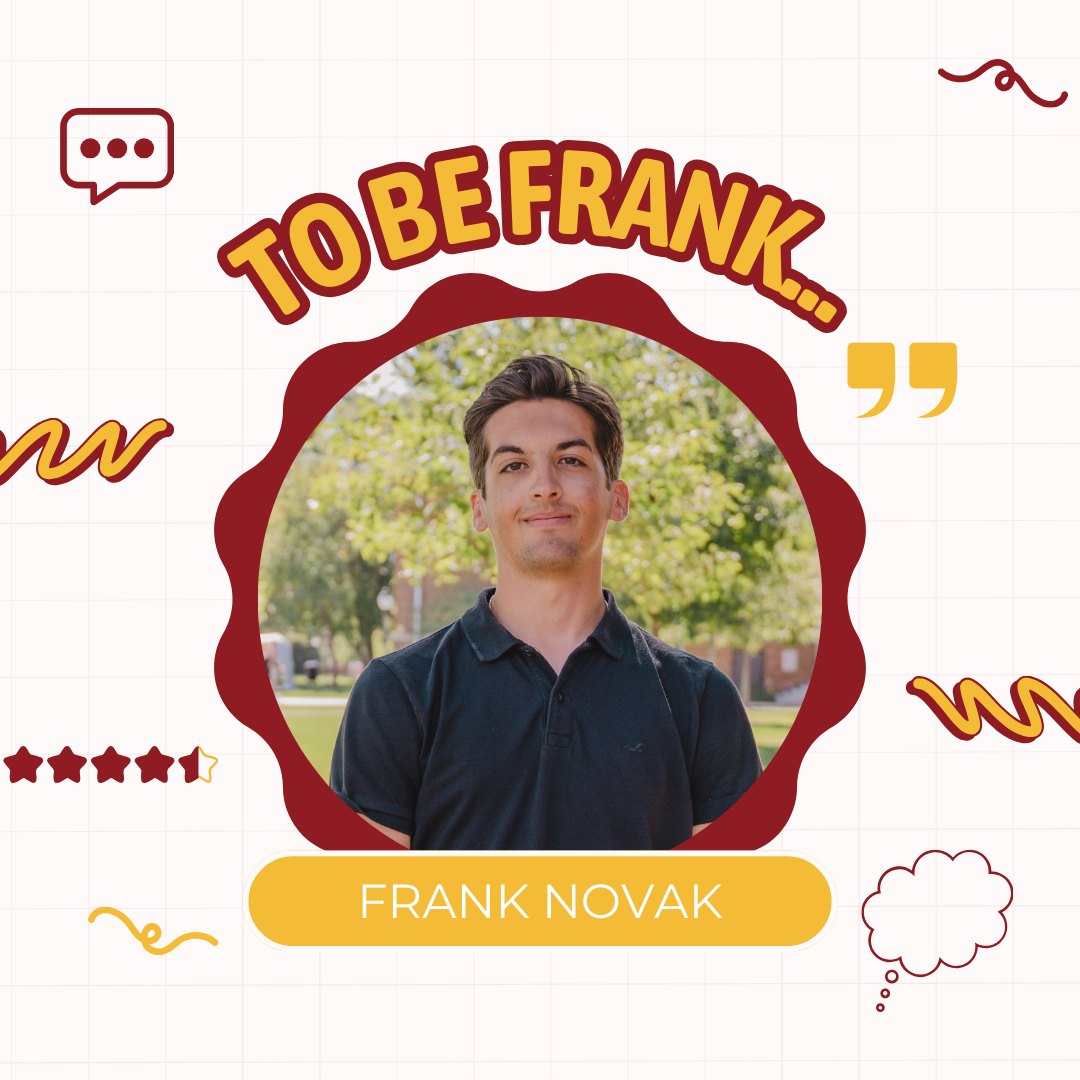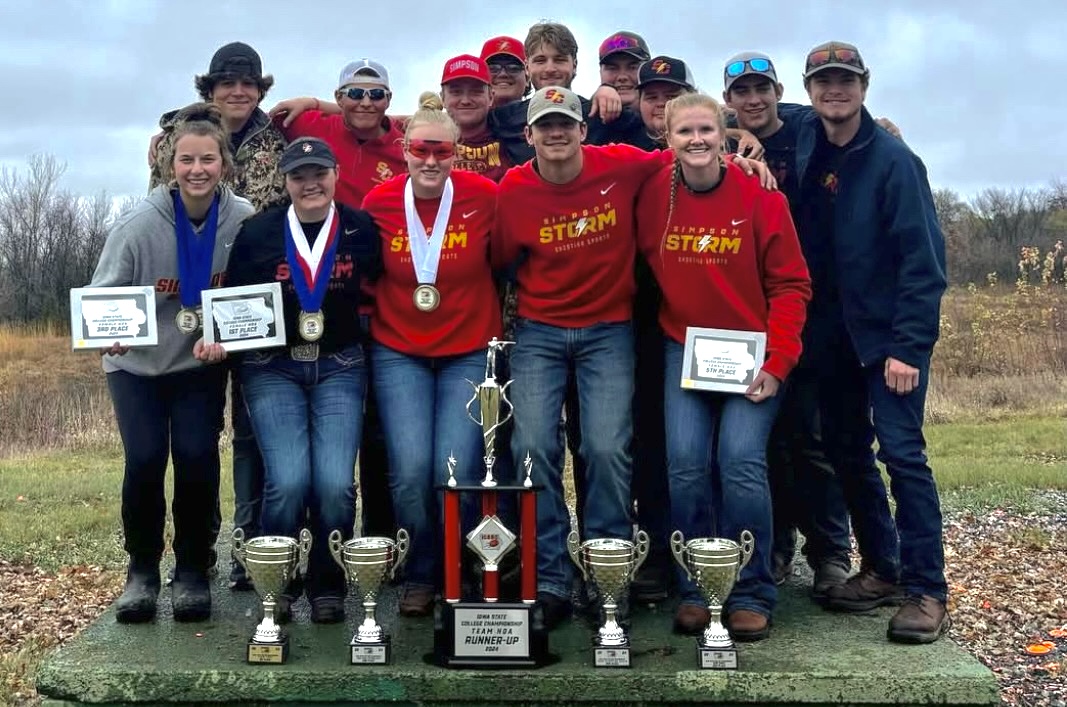LGBTQA coming out in a big way
October 7, 2004
LGBTQA is more than just a long acronym.
“It’s a student organization, first and foremost,” saidprofessor Nick Proctor, group advisor. “We put on events that dealwith sexual orientation and are accessible to the whole campuscommunity. We’ve always tried to be as inclusive as possible.”
The Lesbian Gay Bisexual Transgender Questioning Allies group isnot comprised entirely of homosexuals.
“What it is not is an organization by, of, and for gay people,”Proctor said. “It deals with sexual orientation, but some of themembers are straight.”
Senior Lindsey Ingles, now the president of the organization,first joined as a sophomore for personal reasons.
“One of the things that opened my eyes to the harsh treatment ofhomosexuals is when a friend of mine, Eric, committed suicide,”Ingles said. “One of his reasons was being made fun of because ofwho he was.”
Ingles deals with the incorrect belief that all members of theorganization are homosexual every day.
“The hardest thing is the stereotype that all people in thisgroup are gay, which is not true,” Ingles said. “I like to date menas much as the gay men in the group do.”
LGBTQA is composed of people with different sexual orientations.Ingles and many others are allies: heterosexuals who support therights of homosexuals.
“This year, I would say about half the group is straight,”Ingles said. “It is hard to tell as we do not ask for one’s sexualorientation at the meetings. Only you can volunteer thatinformation.”
The 1st annual LGBTQA Week at Simpson College is Oct. 4-8.
“Almost every week is straight week. We are the ones who canmarry, who can openly talk about who we love at our workplaces andin the military,” Ingles said. “My dream is that one day a LGBTQAand pride week will not be needed.”
LGBTQA is open to all students, faculty and staff, as well asthe Indianola community.
According to the group’s purpose statement, meetings are used todiscuss equal rights and current affairs affecting the gay andlesbian community.
“Our discussions have an emphasis on homosexuality, but AIDS andSTDs in general apply to heterosexuals as well,” Proctor said. “Wetry to create a community where people feel comfortable talkingabout sexual orientation.






